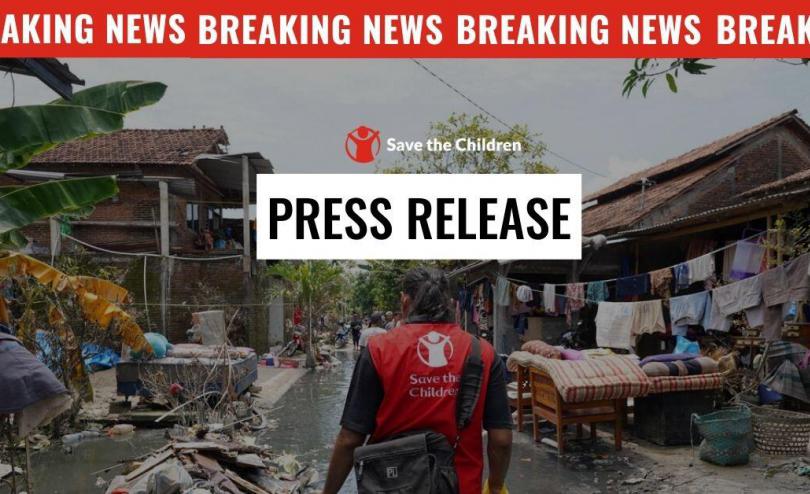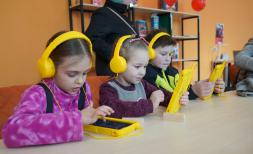One in three children in Spain are unable to keep cool at home as extreme heat rips through Europe

MADRID, 18 July 2024 – One in three children in Spain – or about 2.7 million children – are unable to keep cool at home, putting their health and education at risk, according to Save the Children analysis as a heatwave spreads through southern Europe.
The child rights organisation calculated this data from a recent national survey in which 34% of respondents said they are unable to keep their homes cool enough during the summer [1] as the climate crisis leads to more frequent and severe soaring temperatures.
Extreme heat puts children’s health at risk, locking them out of education and making them increasingly anxious about the future, Save the Children said. Children who already face poverty, inequality and discrimination are particularly vulnerable to the impacts of the climate crisis.
Ossama*, 10, lives in Madrid, the landlocked capital that is often described as an “urban heat island” with temperatures that can reach as much as 8.5 degrees C higher than rural surroundings. He has diabetes and is particularly vulnerable to dehydration in warm temperatures but only has a fan to keep cool even in temperatures that surpass 40 degrees C for longer each year.
His mother Sarah told Save the Children: "I have to prevent him from sweating a lot and from getting too hot because he can become dehydrated [...] I would like to have air conditioning but I can't afford it. We turn on the fan to cope with the heat.”
Copernicus, the European Union’s meteorological service, predicts this year’s temperatures could exceed those of last year, already some of the hottest ever recorded.
Andres Conde, CEO of Save the Children Spain, said : “Children living in families in economic hardship are most affected by the consequences of the climate crisis, like the soaring temperatures we are seeing get more frequent and severe every year. Extreme heat has a hugely detrimental effect on children’s mental and physical health, including their ability to rest, learn and play.”
Last year Greenpeace said that Spain is one of the fastest warming countries in the world, particularly vulnerable to extreme heat, drought and wildfires. In January this year Spain recorded its highest ever winter temperature of 28 C, according to national weather office Aemet.
The warning comes as other countries across Europe also face rising temperatures, impacting children’s health, wellbeing and ability to learn and play. Europe’s temperatures are warming twice as fast as the global average, according to the World Meteorological Organisation (WMO).
Save the Children is calling for national governments to implement policies that limit warming temperatures to 1.5 degrees C above pre-industrial levels in order to mitigate the impacts of the climate crisis, as well as policies that support communities to adapt to these impacts. This includes ensuring buildings like schools are more resilient to rising temperatures so that children can learn safely.
ENDS
NOTES TO EDITORS
[1] Save the Children Spain analysed data from results of the Spanish national government's Living Conditions Survey to find the number of households with one or more children who said they were unable to adequately cool their homes during summer months and the total figure came to 2,664,000 – or 34% of households. The entire dataset is available here INEbase / Nivel y condiciones de vida (IPC) /Condiciones de vida /Encuesta de condiciones de vida / Últimos datos
* name has been changed to protect anonymity
Andres Conde, CEO of Save the Children Spain is available for interviews. For more information and to request an interview please contact:
Emily Wight, Global Media Manager, Emily.Wight@savethechildren.org;
Our media out of hours (BST) contact is media@savethechildren.org.uk / +44(0)7831 650409
Please also check our Twitter account @Save_GlobalNews for news alerts, quotes, statements, and location Vlogs.




